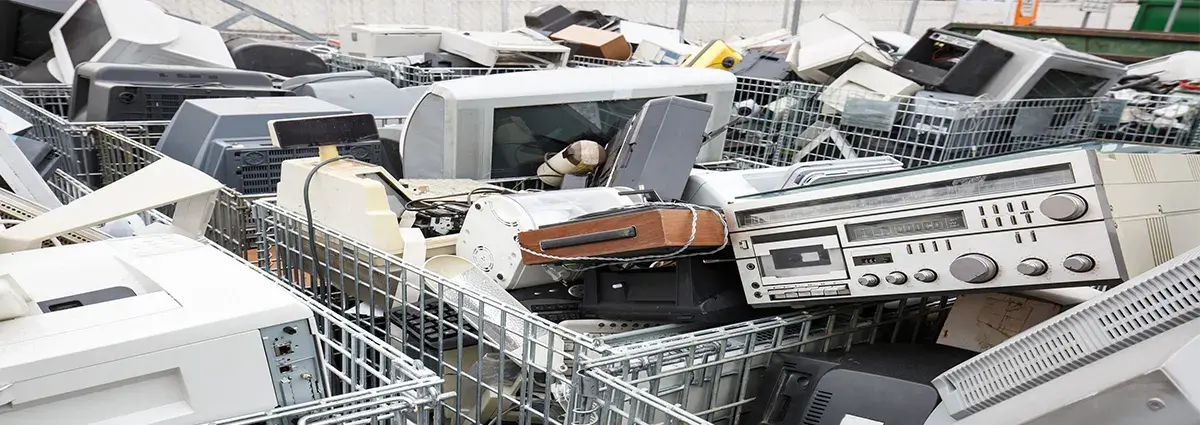By Rupin Chopra and Apalka Bareja
On July 8, 2021 the Delhi Pollution Control Committee (“DPCC”), the Department of Environment issued a public notice on Battery Waste Management[1], listing foremost responsibilities of different stakeholders. The notice was issued in accordance with the Battery (Management & Handling) Rules of 2001.
As per the said notice, the following responsibilities have been laid down-
For Manufacturers/Importers
- They must make certain that new batteries are exclusively sold to registered dealers, and that used batteries are handled in accordance with the scheduling of new batteries sold, except those supplied to genuine equipment manufacturers and bulk consumers.
- Manufacturers and importers must also file a half-yearly sales and buy-back return in Form I with the Delhi Pollution Control Committee by June 30 and December 31 of each year.
- Set up collecting centres at various locations, either individually or cooperatively, to collect discarded batteries from customers or dealers, and guarantee that the batteries are exclusively transferred to authorized recyclers.
- Manufacturers and Importers shall make all necessary provisions with sellers for the proper transportation of recyclables from collection centres to the facilities of certified recyclers, ensuring that no ecological damage occurs during the shipping.
- Create awareness regarding:
- the risks of lead
- the duty of customers to only return old batteries to the dealer or send to a certified collection centre, and
- the dealer’s and particular collection centres’ addresses through commercials, magazines, posters, or other ways.
- Only buy recycled lead from licenced recyclers.
- Bring any violations by the sellers to the attention of the DPCC or the Ministry of Environment, Forests and Climate Change of the Government of India.
- Importers must apply for registration on the Central Pollution Control Board (“CPCB”) online site using Forms II and III for a five-year term.
For Assemblers/Re-conditioners
- They must verify that the used batteries they receive are of the same type and standards as the new batteries they sell, and that the used batteries they collect are exclusively supplied to registered recyclers.
- Create public awareness about the dangers of lead through advertisements, publications, posters, and other ways.
Dealers
- Submit an online application in Form IV, which is available on the DPCC website, and create a user ID and password for a five-year term.
- They must also guarantee that spent batteries are collected in accordance with the timetable in exchange for new batteries sold.
- Ensures that collected batteries are transported safely to authorised collection centres or licenced recyclers.
- Must submit a half-yearly return of sales and buy-backs of old batteries to the DPCC and manufacturer in Form-V by May 31 and November 30 of each year.
Recyclers
- Recyclers are required to submit information in Form VI to the Ministry of Environment, Forests and Climate Change or an agency authorised by it to apply for registration (if not previously done).
- In furtherance, they must submit half-yearly returns to the DPCC by the June 30 and the December 31 of each year.
- They shall make accessible to the DPCC all records pertaining to the receipt of old batteries, including sources, quantity, and metal yield.
- Create public awareness of (a) the dangers of lead and (b) the requirement of customers to return old batteries exclusively to registered dealers or deliver to specified collection centres through advertisements, publications, posters, or other means.
Consumers/Bulk Consumers
- The Consumers shall guarantee that spent batteries are not disposed of in any way other than by dropping them with a dealer, manufacturer, registered recycler, importer, or reconditioner, or at specified collection facilities.
- Bulk customers must make a half-yearly return in Form I to the DPCC by June 30 and the December 31.
- Used batteries may only be auctioned to registered recyclers by bulk consumers to their user units.
Auctioneers
- Auctioneers must ensure that old batteries are only auctioned to authorised recyclers.
- Maintain and report to DPCC documents related to the receipt of old batteries, sources, volumes, and metal yield.
- Must submit half-yearly auction returns to DPCC in Form-IX by the 30th of June and the 31st of December at the latest.
Lastly, the notice lays down that according to the Batteries (Management and Handling) Amendment Rules, 2010, every dealer of lead – acid batteries must register with the DPCC within 30 days of receiving the notice, and if they do not, legal action, including prosecution, would be taken against them.
Anushka Choudhary, Intern at S.S. Rana & Co. has assisted in the research of this article.


